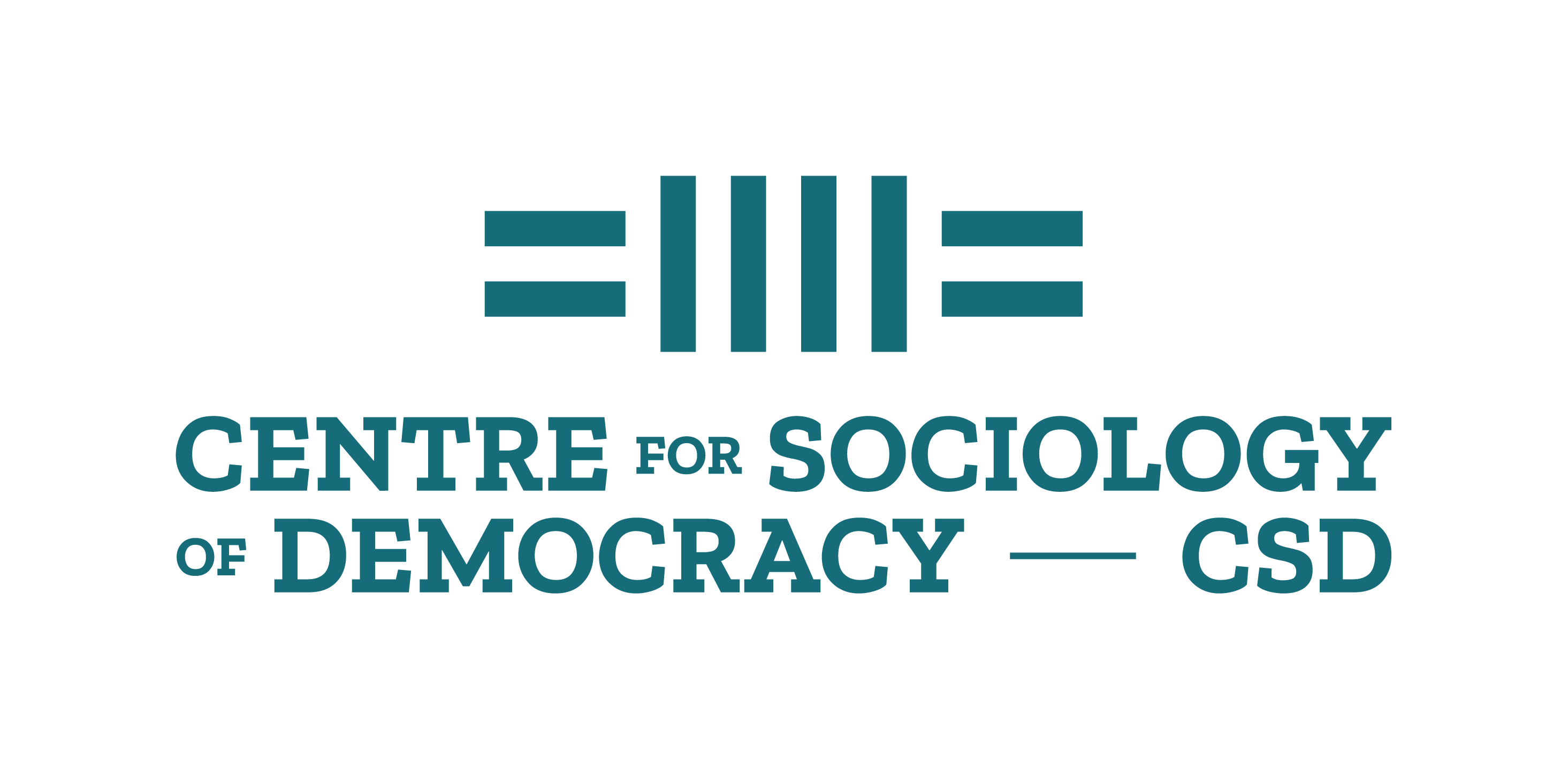
The Centre for Sociology of Democracy studies democracy in modern societies. Our projects deal with democracy from different perspectives and with different methods.
»
Recent News & Blog Posts
Tutkija-kirjailija Lotta Junnilaisen kirjassa kuvataan kahden vuokratalolähiön arkea. Teos on tutkimus suomalaisen yhteiskunnan eriarvoistumisesta ja kaupunkien eriytymisestä. Se on kuvaus niukkuudesta, epävarmuudesta ja turhautumisesta, mutta myös yhteisöllisyydestä ja solidaarisuudesta.
In her article, published in the British Journal of Sociology in 2018, Eeva Luhtakallio argues that in order to analyse democracy as a pattern constantly processed in a given society, it is useful to look at activist groups’ agenda setting and recruitment principles, group bonds and boundaries, and how these actions direct and influence ways of creating the common. Based on an ethnographic study on bicycle activism in Helsinki, Finland, the article describes a local critical mass movement that was successful in promoting a bicycle friendly and sustainable city, yet dissolved due to lack of people involved, and the bicycle demonstrations stopped at a moment of high public interest.
Two-day seminar, Tampere University
Veikko Eranti’s article in European Journal of Cultural and Political Sociology 5(1-2), 2018 argues that the way the sociology of engagements is currently formulated does not sufficiently allow for analysing public participation and disputes in situations where individual interests play a crucial role in public debates. The article presents a slight reformulation of what Thévenot calls the grammar of individuals in a liberal public (sic), based on a) an understanding of how individual interests relate to the common good and general will, b) the constitution of legitimate actors within polities, and c) the separation between the levels of generality and publicity. This reformulation might be called the grammar of individual interests, clarifying and simplifying earlier terminology.
- « Previous
- 1
- …
- 3
- 4
- 5
Going Overboard: How Ironic Group Style Becomes Political on an Anonymous Imageboard
A mixed-methods study by Tuukka Ylä-Anttila, Veikko Eranti and Sam Hardwick investigates politics on Overboard, a Finnish imageboard.

Anonymous online groups such as imageboards have increasing cultural influence. Recently, they have been connected with far-right political movements. This mixed-methods study investigates politics on Overboard, a Finnish imageboard. We use a convolutional neural network to learn linguistic features of the community’s own understanding of politics, studying two large text corpora, collected in 2014–2015 and 2018–2019. This enables us to find political messages in nominally non-political subforums and discount non-political “noise”—finding the “needles in the haystack.” We quantify the prevalence of political talk on Overboard, assess its themes using topic modeling, and evaluate changes in their popularity. Finally, we qualitatively analyze the style of Overboard. We find that around one-tenth of messages on Overboard are identifiable as “political.” Often, but not univocally, they voice far-right opinions, usually somewhat ironically. The prevalence of far-right themes has increased, likely because of importing global imageboard culture and in parallel with the increased popularity of nationalist-right politics in the broader Finnish public sphere. In terms of group style, the strong boundary between members and outsiders, together with the ironic and cynical speech norms, creates a bond between members. Such a group style lends itself to politicizing the collective.
The article is published open access and is available here.



